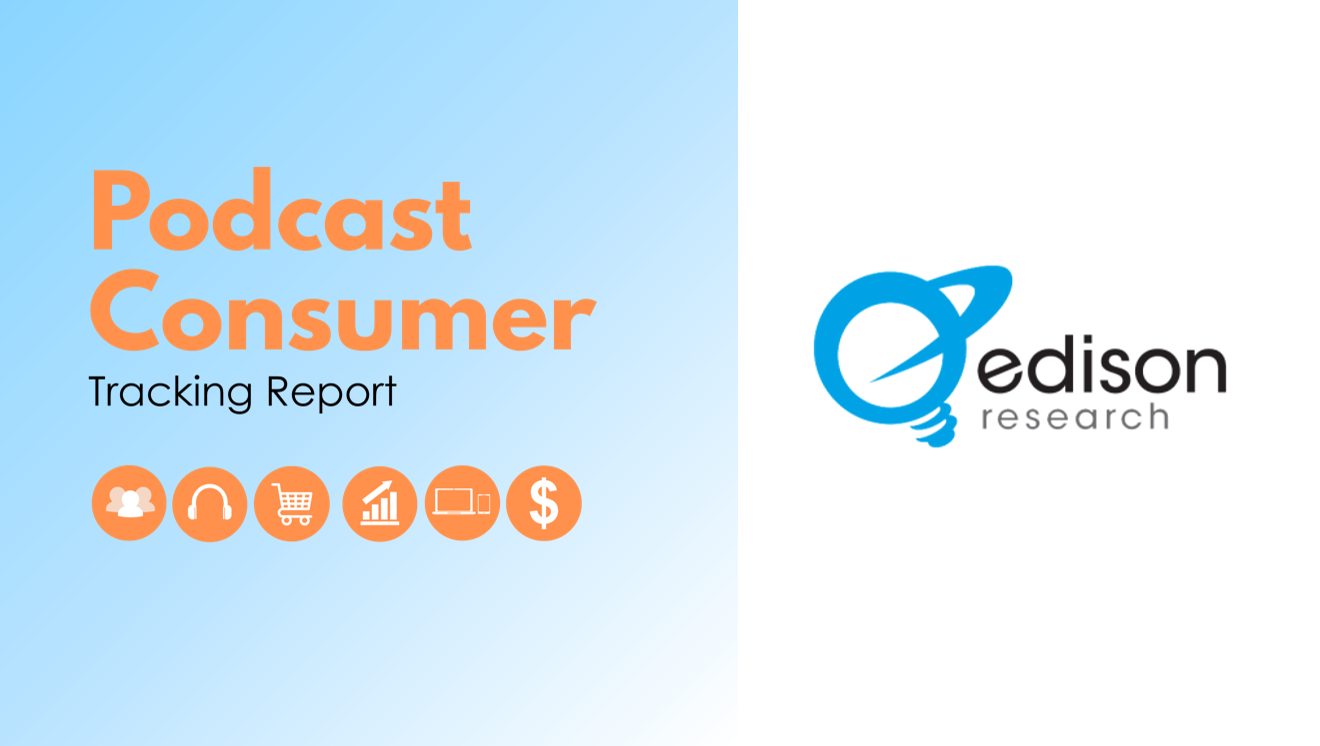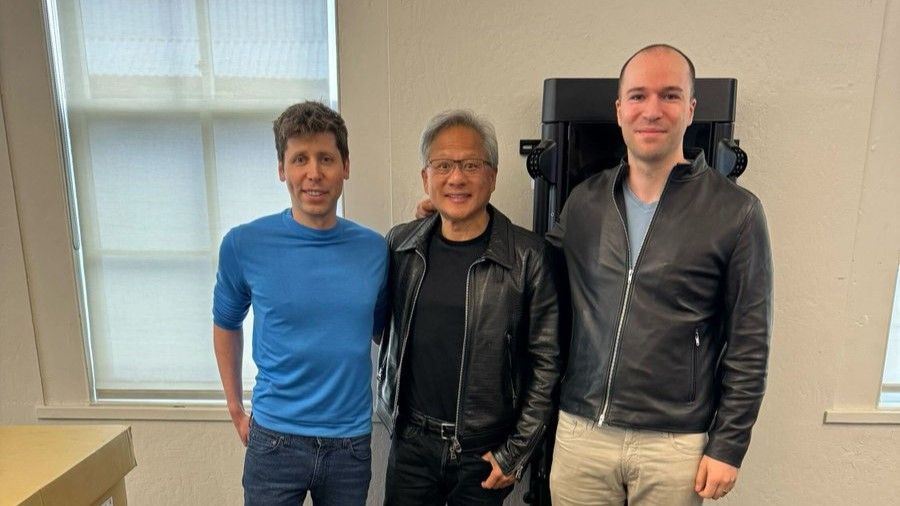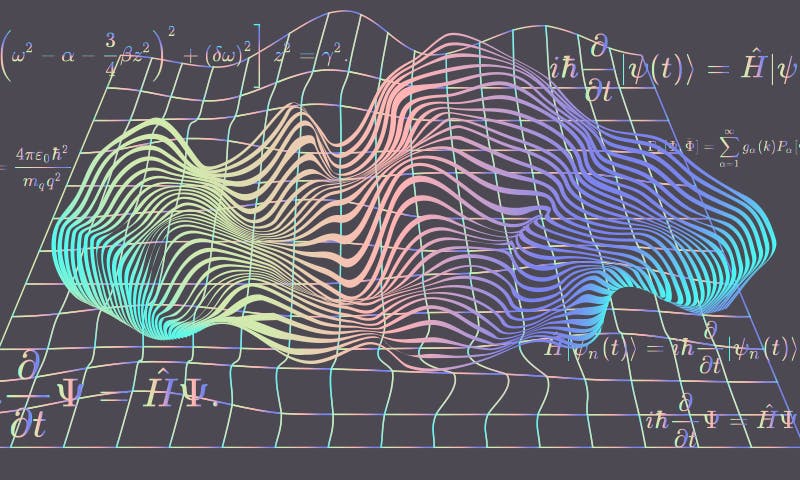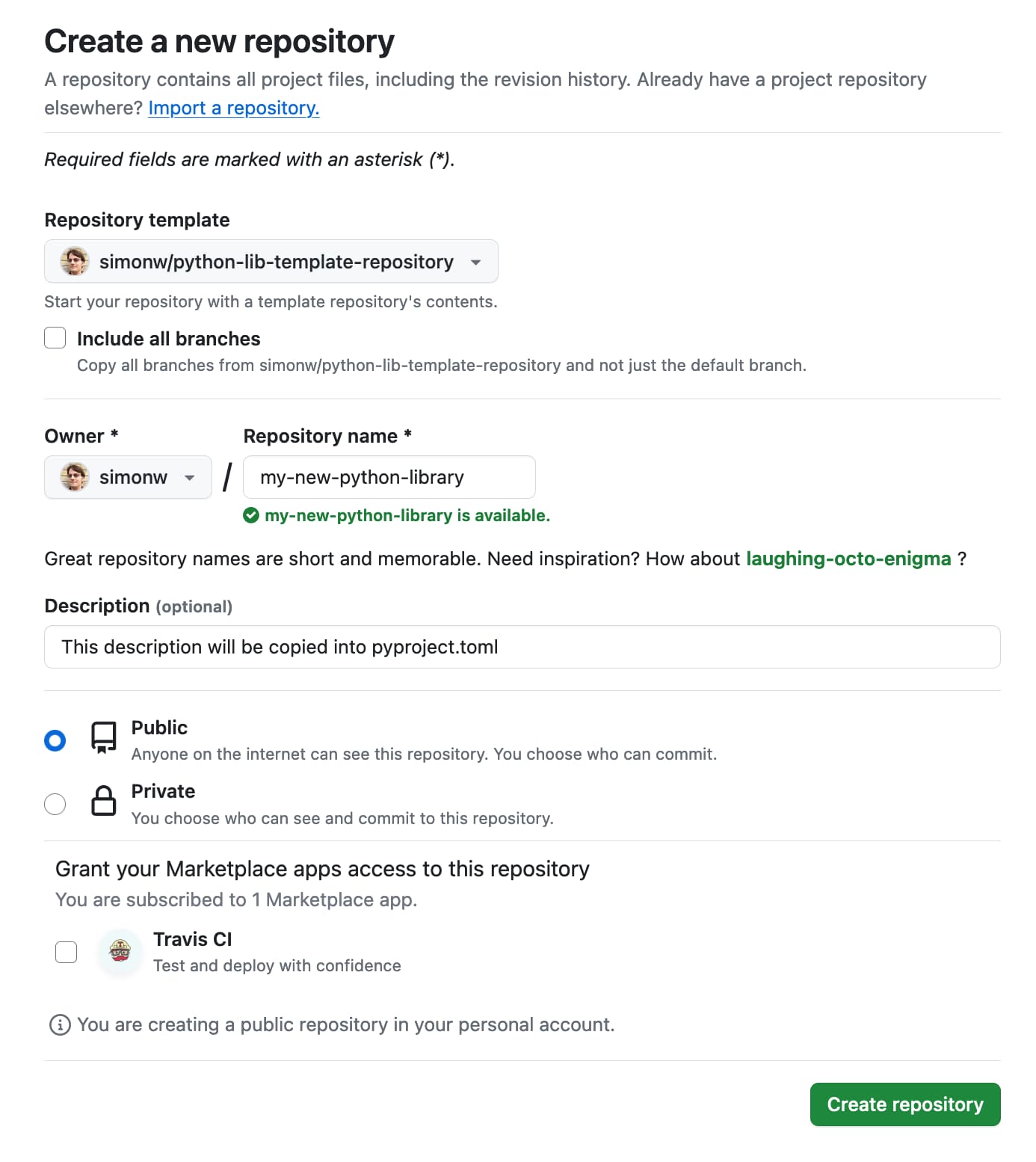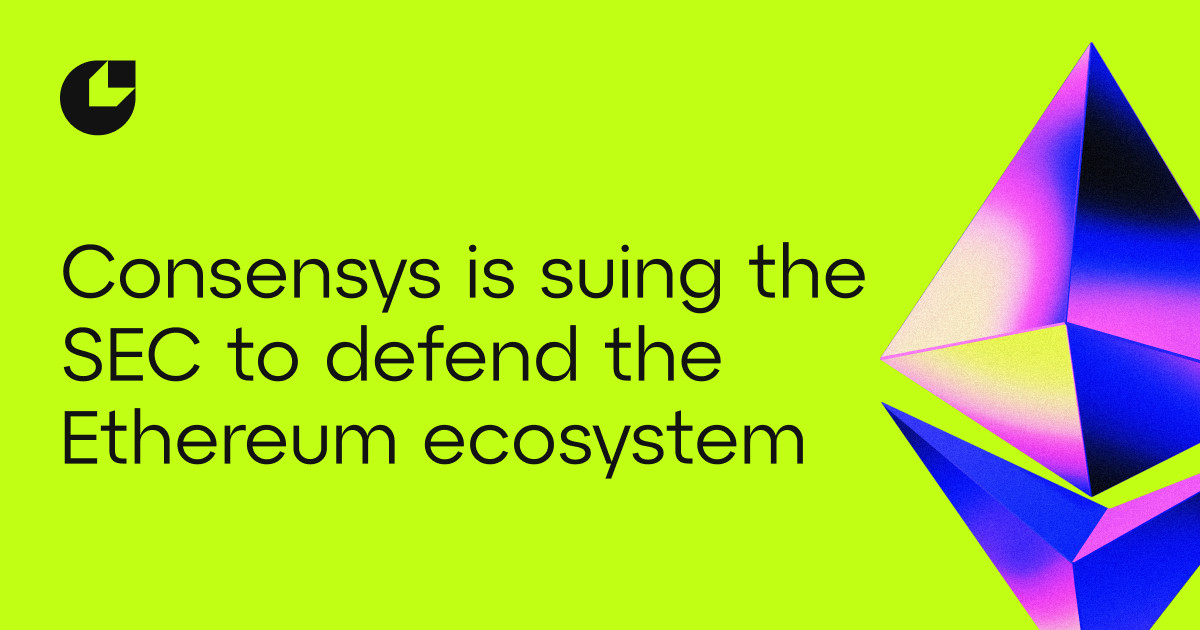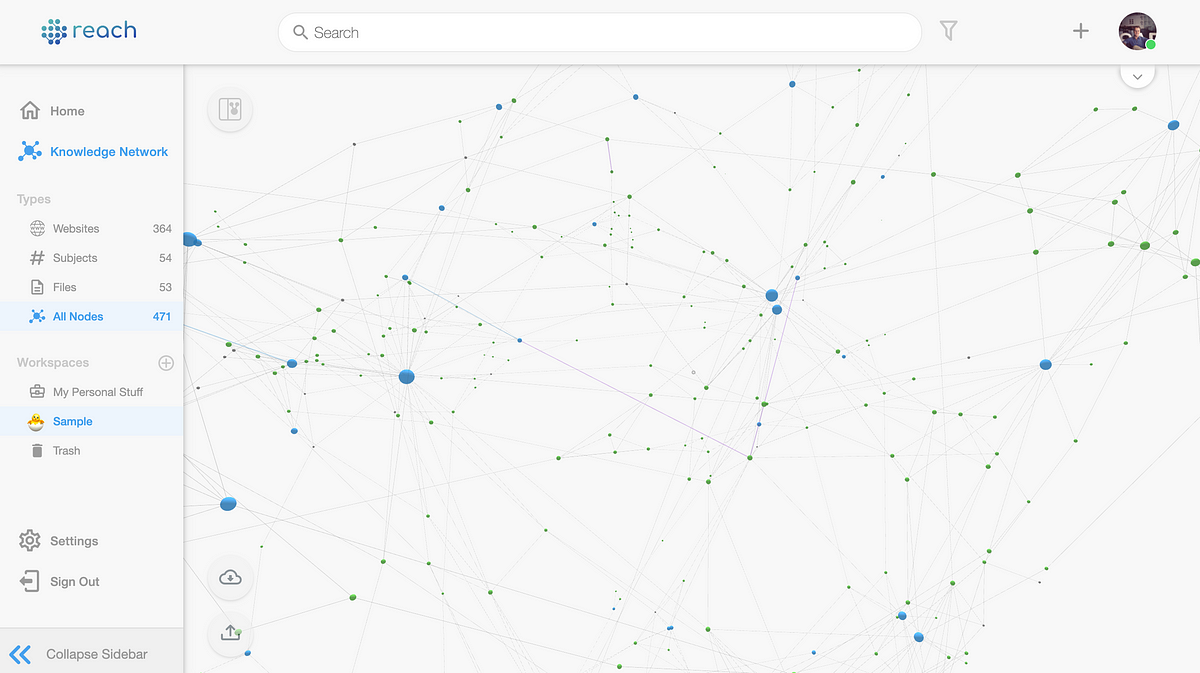
Reach Announces the Launch of its Beta: a ‘Second Brain’ Knowledge Network to Instantly Recall Any… | by Chris Payne | Jul, 2021 | Medium
Reach Announces the Launch of its Beta: a ‘Second Brain’ Knowledge Network to Instantly Recall Any Digitally Stored Content
Reach is about to upturn an industry that has remained stagnant for centuries, and will revolutionise the way we manage our lives. It is like a personal Google, storing any filetype or website in a powerful graph database for a more intuitive collaboration between the human and digital memory.
Tech start-up, reach, announced t he launch of its ‘second brain’ at the Mobile World Congress in Barcelona. The solution allows individuals to manage the ever-increasing flood of information in an intuitive and efficient way. Reach stores absolutely anything (websites, documents, articles, photos, videos, notes, contacts, etc.) in accordance with their direct and indirect association to each other. Just like in our memory, things are connected to their context: what is it about, who sent it, when and where was it saved, how important is it? As such, information becomes “instantly reachable anywhere, anytime” within seconds.
Founded in 2018 by Christopher Payne, Alumnus of an entrepreneurial Master’s at ESADE Business School in Barcelona, reach is making a stance against the hierarchical folder-based storage that somehow made its way from our paper dominated ages to today’s paperless workflows. According to a McKinsey & Company report, the average employee spends 23% of their time searching for information. One thing is clear: filing has remained stagnant over the centuries. “These days we’re saving more and more information and it’s cluttering our desktops and browser tabs” according to Christopher, co-founder and CEO of reach. “We’re losing overview and forgetting where things are. It’s like we need a second brain just for all the stuff we’re accumulating on our computers”. Solutions to manage the increasing inflow of information have not really advanced from the traditional cumbering organisation to smarter, technically enhanced alternatives — until now.

